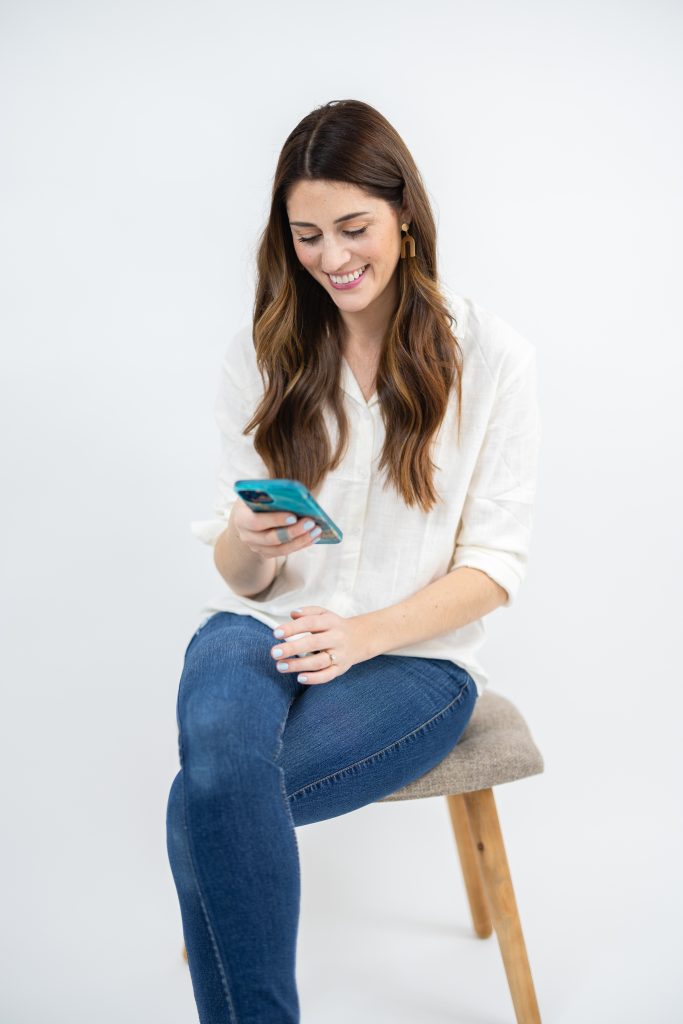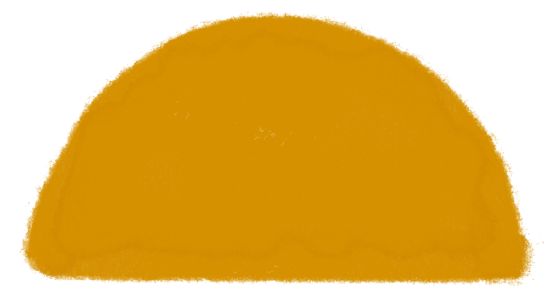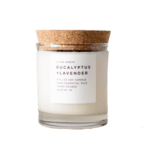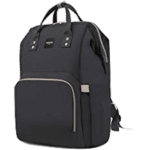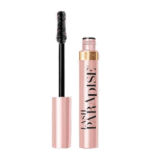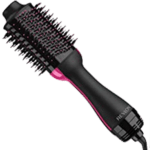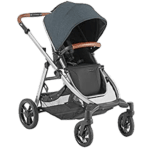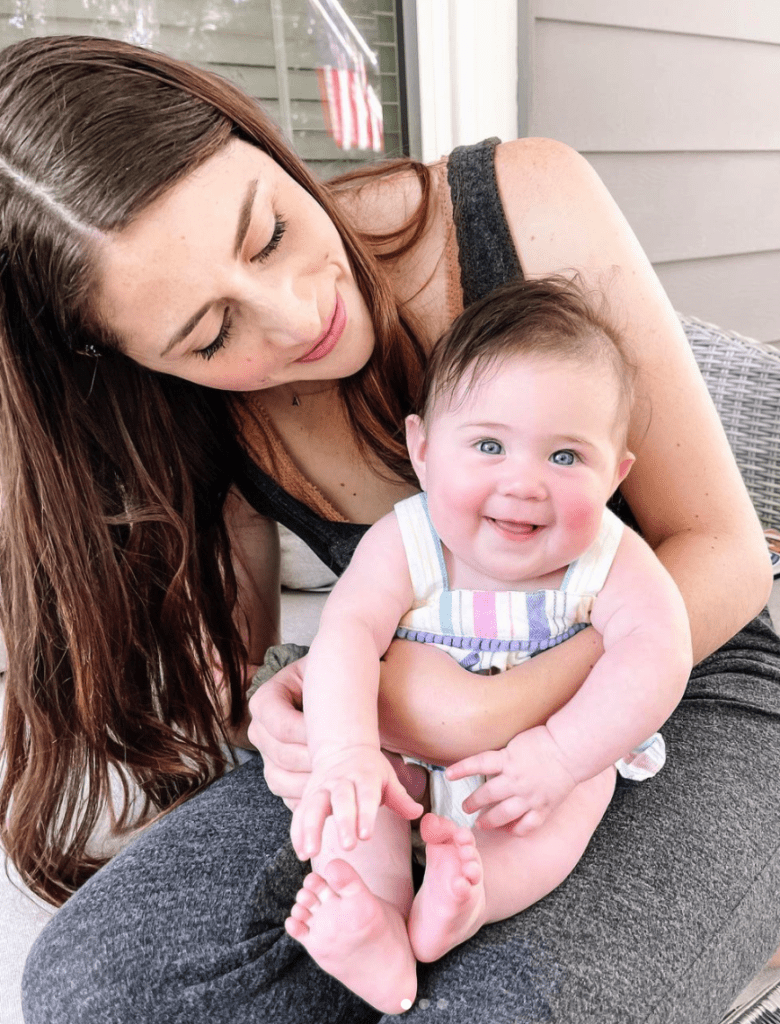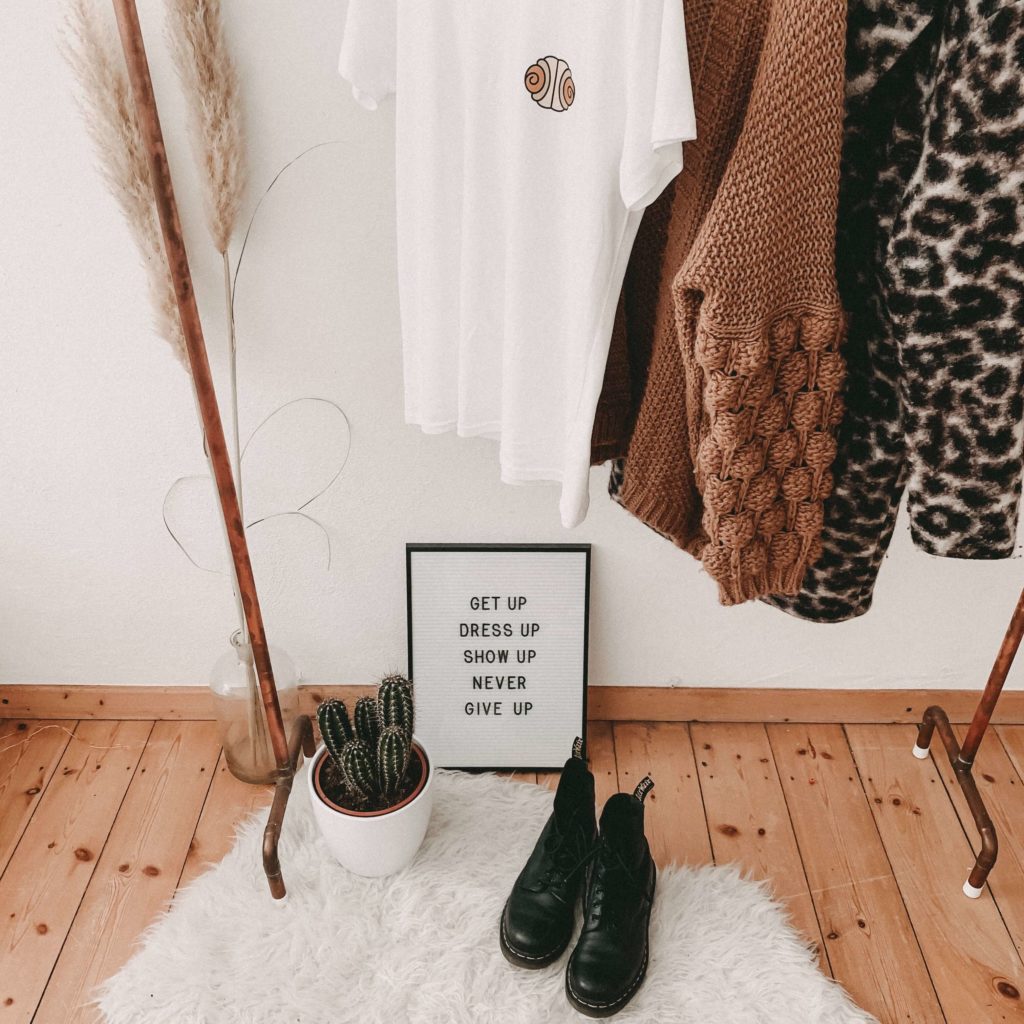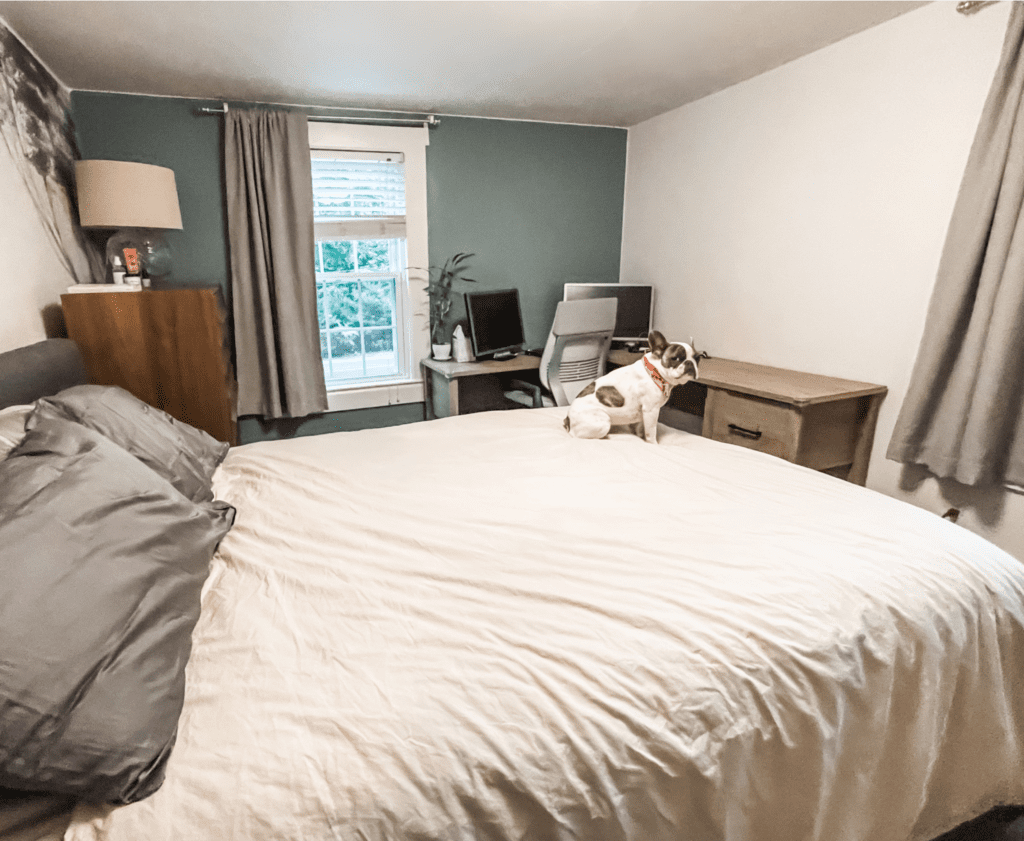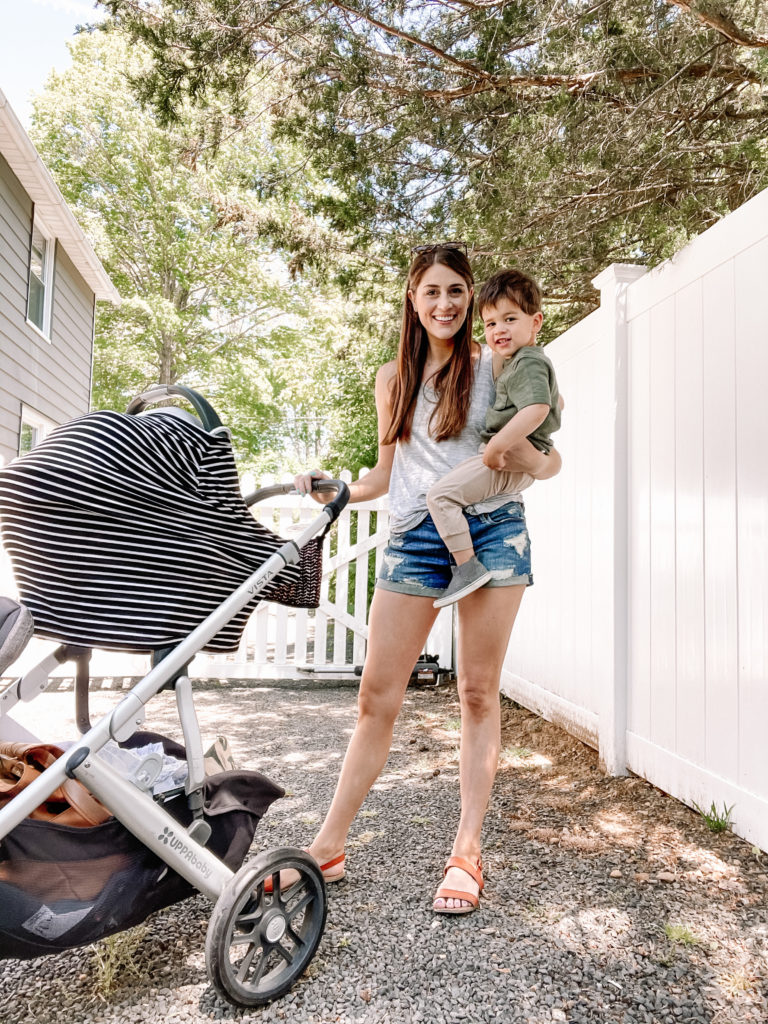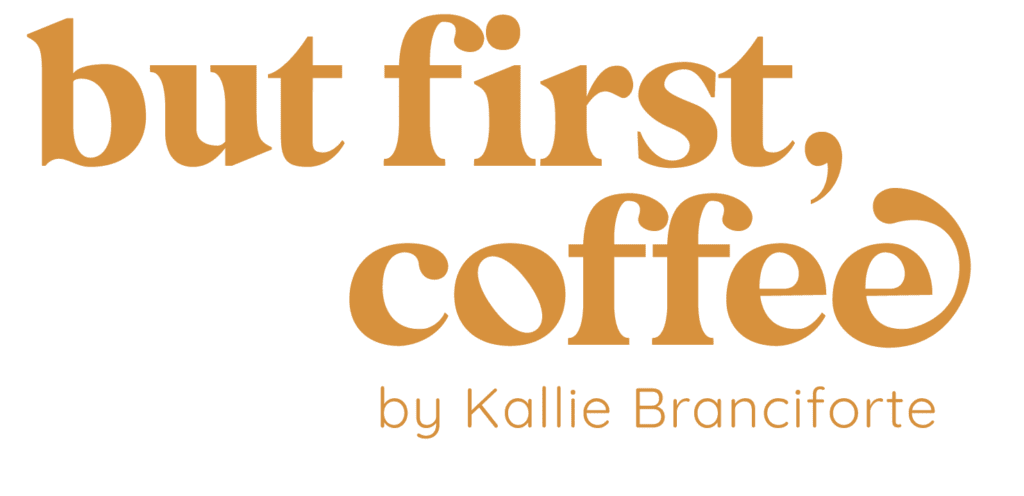HANDS DOWN one of the most important lessons I’ve learned (and continue to learn) in life is that so much of where we are right now is a direct result of our habits from the past. You’re shaping your future RIGHT NOW with the habits you practice each day. And this is just as true when it comes to your financial habits.
In 2017, my husband and I paid off over $70k in debt and have since been living debt-free. In order to do that, we didn’t just have to adopt new habits, but we had to constantly keep those habits in check. We also had to change and adjust them as we passed through different seasons of life. The best thing about financial habits is that the more good habits you create, the more they compound. Good habits naturally breed more good habits. On the flip side, the the opposite is also true. A few bad financial habits can easily compound into a lot of bad financial habits. So today I wanna go over a handful of habits you might have fallen into that could be a sieve on your money, and some tips to transform those bad habits into good habits, which will help you compound more good.
Overbuying Food
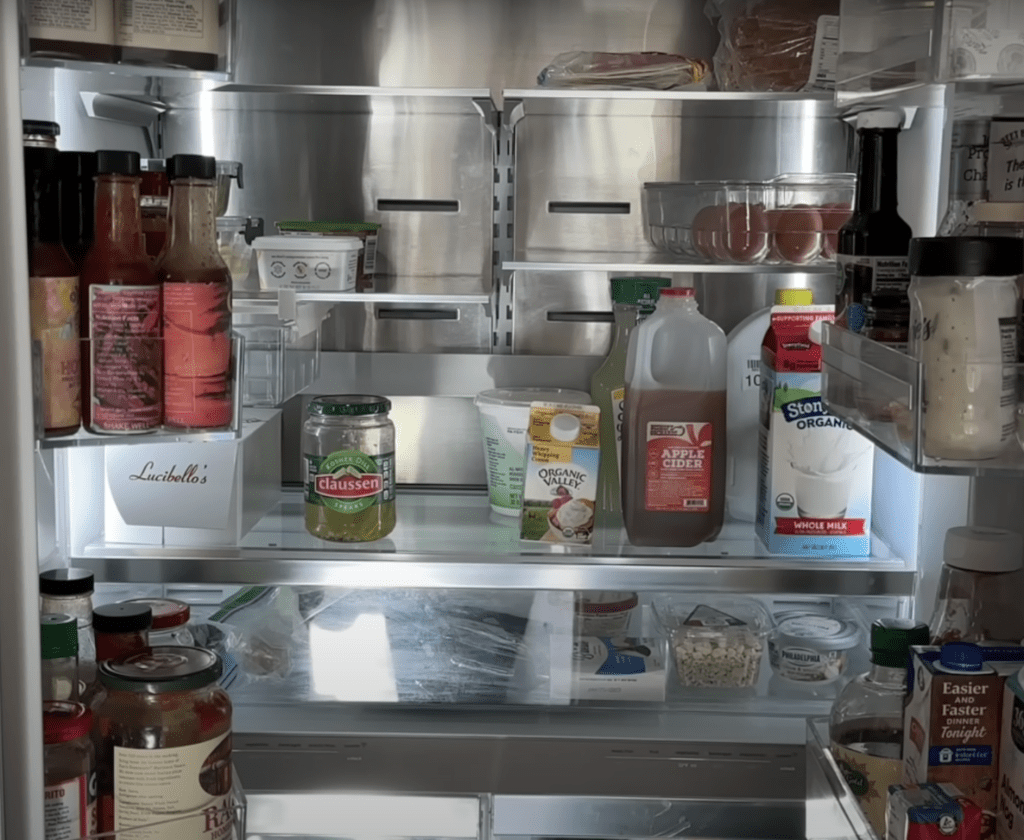
When food inflation really started to push into our grocery budget, we had to face the music and make some cuts to prevent our grocery spending from really ballooning. When we first cut back, the number one thing I realized was how much less was in my fridge. At first, it felt a little worrisome that there wasn’t enough, the idea of scarcity, but it was also freeing. It was nice to just be able to see everything in a quick glance and always know what was in there so I could make sure I was using it all up and not end up with food that went bad before we could eat. It was actually really eye-opening how I had gotten so used to buying more food than we really needed. I’m not sure exactly why we do this. We have a weird fear of not having enough or running out. But what I realized is, we never did. There was always SOMETHING to eat. And every week when I did my quick fridge organize before grocery pickup, I often had almost nothing to throw away, whereas in the past the food waste was so much higher. So many of us have gotten into the habit of buying more food than we really need. Especially when we are having company. How many times have you been to a potluck or holiday gathering with just a FULL SPREAD of food and at the end half of it is still there? It’s a huge waste, of not just money but food. We spend so much less on food now and waste so much less too.
Overspending on Non-Essentials
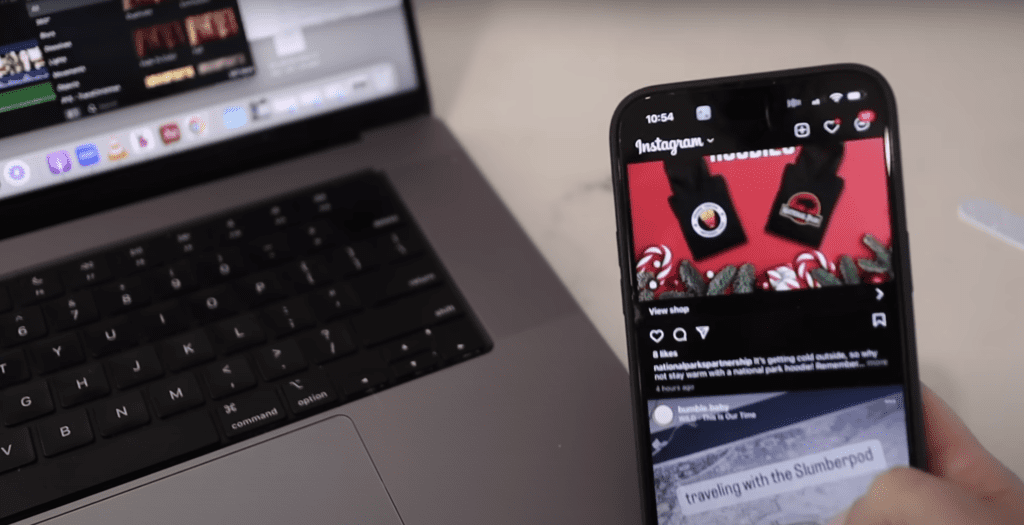
Here’s the thing, marketing companies are realllllly (like really really really) good at convincing you that you need a lot of things you really don’t. A single scroll through Instagram will have you convinced that you need personalized hair shampoo just for you, matching outfits with your kids for an upcoming photoshoot, a fancy smoothie powder, and the new it water bottle. They convince you that you NEED these things. But if you really step back and ask yourself do I really NEED this or do I WANT this, you’ll find many things aren’t actual needs. My favorite way to differentiate if I’m buying based on want or need is to ask myself if I’m buying something because I NEED it or because of the expectation of what it’ll give me. Am I buying that smoothie powder because I think it’ll make me healthier? Am I buying that hair shampoo because I think it’ll make my hair look prettier? That fancy water bottle because…it’ll make me drink more water…? You’ll find often we’re buying the expectation of what the product is promising us, and not the actual NEED of the product. Take a look at your monthly spending and try to see if you can identify items that maybe aren’t true needs.
Paying for Convenience
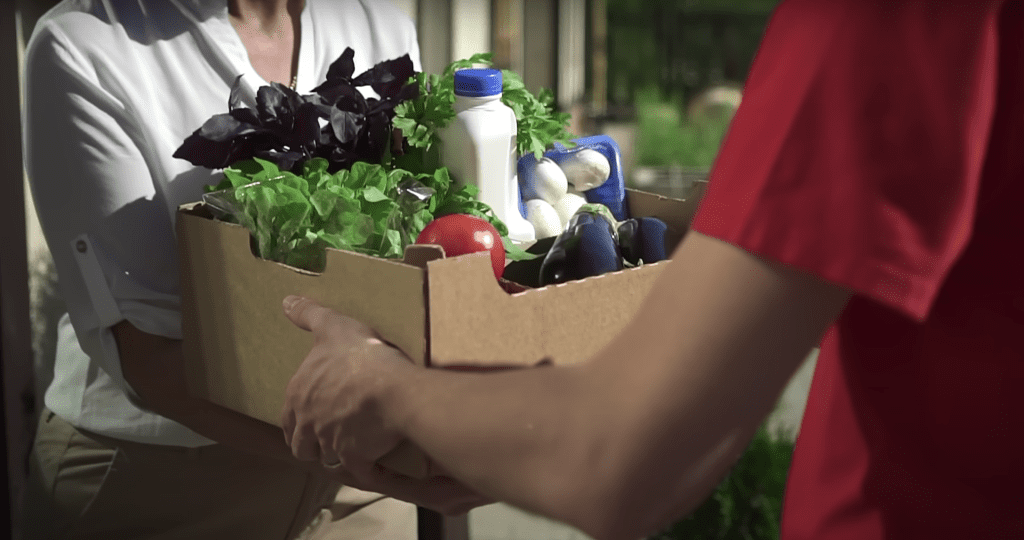
This is a habit so many of us have gotten accustomed to. Because we are just too busy, we outsource a lot. We have someone mow our lawn, do our landscaping, clean our homes, shop for our groceries, wash our dogs, I mean, everything. If you have something you wanna outsource, you can do it. And, certainly, this isn’t the end of the world. Sometimes outsourcing things we don’t have the bandwidth for is a very smart decision for our mental health and well-being. We can’t do it all. The problem is, as we start to outsource some things, it can become a habit, where we begin to outsource more and more simply because it’s what we do. We end up with a very long laundry list of services we’re paying for every single month. Reconsider things you buy for convenience and ask yourself if any are things you could reasonably do. Which ones don’t feel worth the cost?
Not Purging Your Inbox and Social Feeds
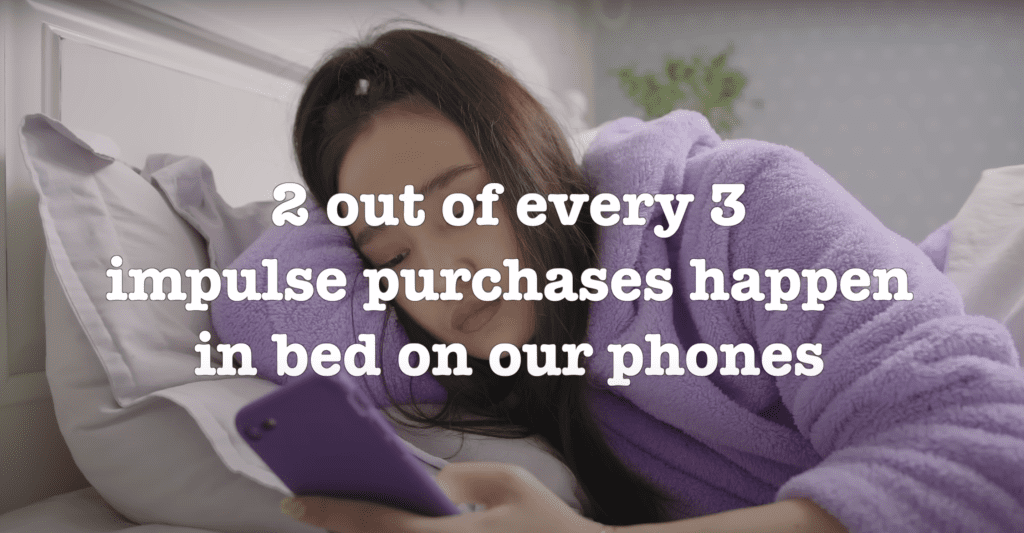
It is estimated that 2 out of 3 of all impulse purchases happen in bed on our phones. That’s not because the stores are tricking us with their flashy end caps or displays, it’s because our email inbox and social media feeds are selling to us. We end up following a lot of accounts and subscribing to a lot of mailing lists that will continuously bombard us with deals and sales and new releases that can trigger impulse purchases. I diligently unsubscribe from mailing lists that send me emails about sales/deals. I also unfollow accounts that I find seem to trigger me to want to buy something (maybe they are sharing deals/sales a lot or just really good at making me think something is a NEED and not a want). Remember, you get to control who comes into your inbox and (for the most part) who shows up on your social media feeds. You’re in control of that. Sometimes we just get used to things being there in our inbox and on our feeds, so make time to be intentional about getting rid of some of it.
Impulse purchases
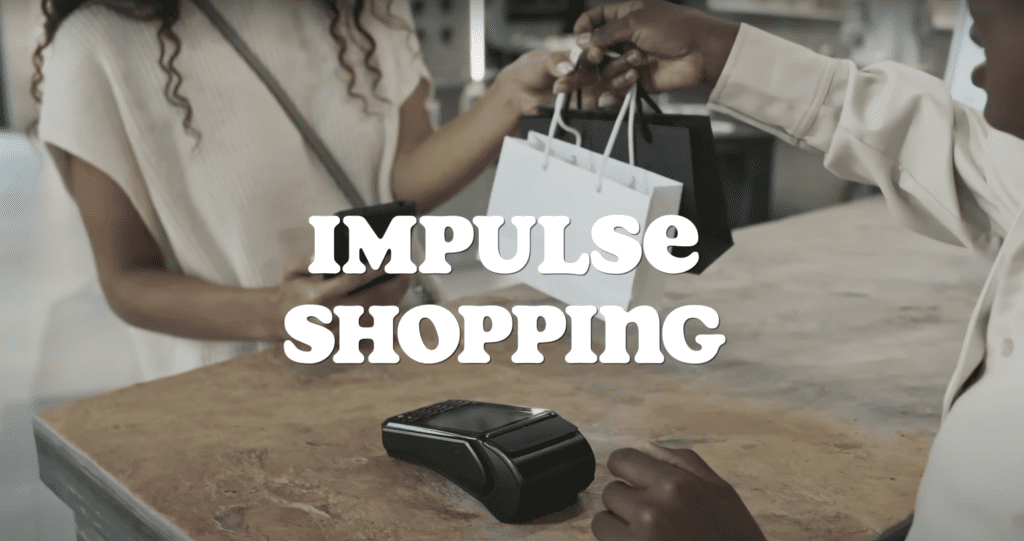
Impulse buying is one of the hardest things to curb because it typically happens…well, on impulse. It happens in a moment, so there’s not a lot of time to catch ourselves. And it can quickly botch our financial plans without us even realizing it.
A recent CNBC article stated that 73% of adults make most of their purchases spontaneously and spend, on average, $314 a month on impulse purchases (which is up from $183 just two years ago).
So how do you curb impulse shopping? First of all, become more aware of your weak spots that cause you to impulse shop. Like I said earlier, most impulse purchases happen on our phones in our beds, JUST being aware of this can help catch you. I’ve actually removed my card info from my phone so I have to physically get up and get my wallet to buy something. Sometimes that simple step can help break us from an impulse.
Secondly, many of us buy for the expectation of what the product will buy, which we already covered earlier. Ask yourself am I buying this cause I need it or because of the expectation of what it’s saying it’ll give me?
Third, many buy on emotion…the idea of retail therapy. The problem here is it’s actually been proven that retail therapy, in long-term use, doesn’t work. Sure maybe one little retail therapy purchase has no harm. But here’s the thing about using shopping as a form of therapy. Studies have proven that the joy of retail shopping isn’t actually in the product but in the anticipation of getting the product. Most of us get the rush of dopamine from checking out our cart and waiting for the product to arrive… but by the time the package arrives at our front door, we’re not really as excited about it. The dopamine high is gone, and since we’re searching for the dopamine, we’re going to return to the excitement of checking out our cart. Your body has started relying on that dopamine hit, and now you’ve got a shopping addiction. You know the feeling when you’re scrolling online but don’t even really need anything.
Constantly being aware of the weak spots that cause our impulse shopping can help us identify when we’re buying on impulse in the moment.
Eating Out
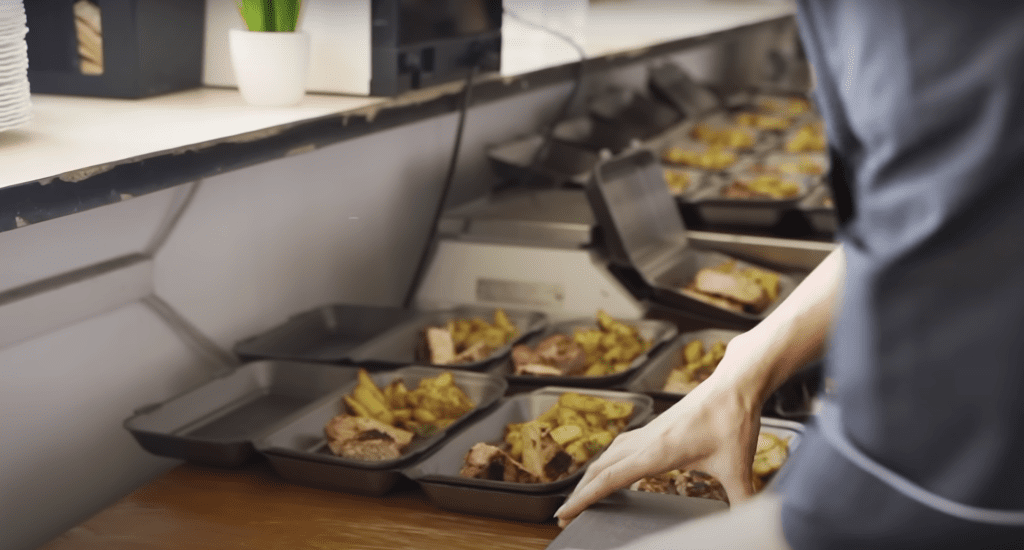
Back to my story of paying off our $70k in debt, one big habit we had to break was eating out. We typically had at least one date night a week, then 1-2 lunches or breakfasts on the go, and usually another meal out with friends. Then of course take out coffee, and the occasional fast food, it adds up. As we started really cutting back on eating out we really found how much it saved us, and the less we did it, the less we actually enjoyed it. We found we really preferred our own food a lot more. Usually whatever we ate wasn’t worth the price tag on it. And I find many of our close friends who enjoyed eating out a lot are doing it less because it’s just getting even more expensive. But eating out is a habit. It’s a habit of convenience we fall into. So it’s not easy to break. If you’re in the habit of defaulting to take out when you’re tired, burnt out, bored, had a bad day, etc., you have to break that habit. One way we did it was by having an eat-out cap. Either a price per week or an amount. So $50 a week or 1 takeout meal a week. It can catch you when you go to default to eating out because you only get that amount each week. Good habits compound. I promise if you STICK with this less eating out habit over time it’ll feel a lot easier, and you’ll find you don’t default to it as quickly as you used to.
Not Having Financial Goals
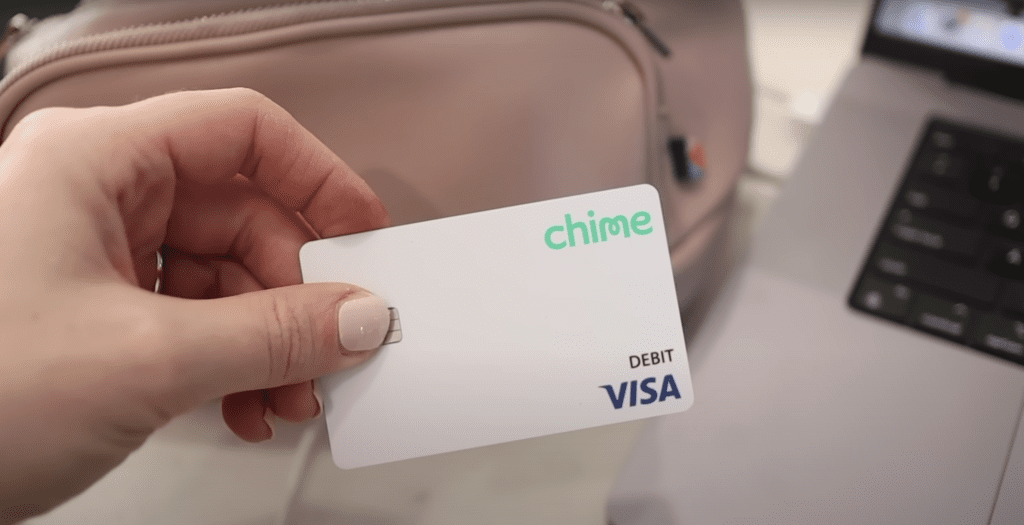
In order to stick to any financial plan or budget, you need to have a goal that you’re actively working toward. Sometimes we just want to budget because we’re overspending or we don’t have enough money, but that’s not going to be enough motivation when we’re faced with switching the habit. We need the right motivation to keep us going. I find the difference between success and failure with any of our finances has come down to whether or not we had a goal that really mattered to us that we were working on. Whatever it is, it needs to be a goal that really matters to YOU because that way, when you’re faced with the habits and you want to default to the bad one, that’s usually the easier one, you’re able to remember that goal. That’s going to help keep you on track. When you meet a goal, you need to make another goal to keep you going.


